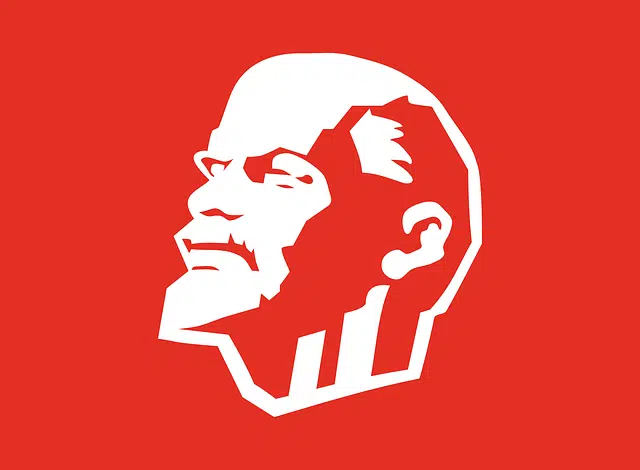
Communism can be understood as an ideology.
The first thing we must do before beginning to unravel the term ideology is to proceed to establish its etymological origin. Specifically, it is clear that it comes from Greek and is made up of the union of two particles of that language: idea , which is defined as "appearance or form", and the suffix - logia , which can be translated as "study."
Ideology is the set of fundamental ideas that characterizes the thinking of a person, a community or an era. It is also the philosophical doctrine focused on the study of the origin of ideas .
Characteristics of an ideology
Ideology tends to preserve or transform the existing social, economic, political or cultural system . It has two main characteristics: it is a representation of society and it presents a political program.
That is, it reflects on how society acts as a whole and, based on that, develops an action plan to get closer to what it considers to be the ideal society.
Some examples
There are many political ideologies that have existed throughout history, however, among the most important or those that have left the greatest mark, we can highlight the following:
Fascism . This is based on the idea of the nation above the individual, the obedience of the masses, the concentration of power in an individual who acts as a leader and machismo (the man to work and the woman to act as a housewife). ideology.

Among the ideologies, anarchism appears, which postulates the need to abolish the State.
Nationalism . The nation as a reference for the identity of an entire territory is the main defining characteristic of this type of ideology, which can be of a very diverse type: economic, religious, ethnic...
Liberalism. This political ideology can be defined as one that strongly supports the division of powers of the State , representative democracy, the individual rights of citizens and the rule of law. Without forgetting what religious tolerance is, equality between people and the right to private property.
Anarchism, conservatism, feminism, capitalism , communitarianism or environmentalism are other ideologies that have acquired more weight and presence in the world.
Origins and scope of the concept of ideology
The term ideology was coined by Destutt de Tracy to refer to the science that studies ideas and the relationships between the signs that express them. Later, Karl Marx transformed ideology into the set of ideas whose relationship with reality is less important than its objective (preventing the oppressed from perceiving their state of oppression). That is why Marx affirms that ideology generates a false consciousness about the material conditions of man 's existence.
In this sense, ideology is a tool of social control to strip human beings of their freedom, transforming them into part of a manipulable mass.
